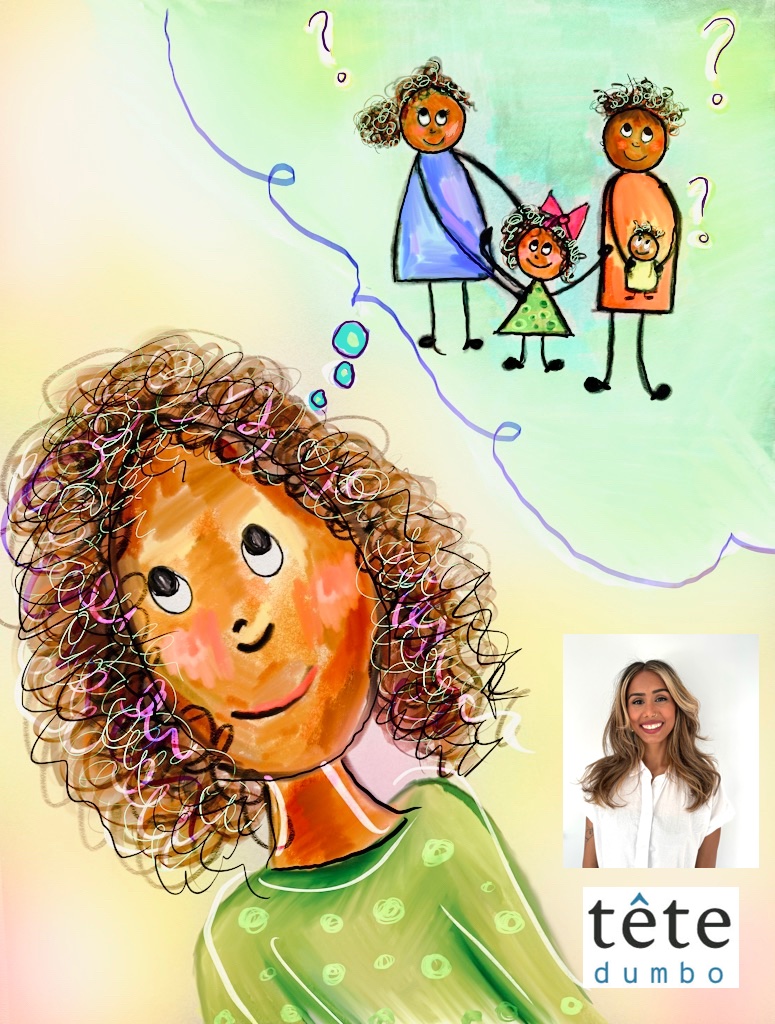Blog Post
Adoption

Talking About Adoption: Navigating Layers of Identity and Emotion
Talking about adoption can feel complex—and that’s because it is. Adoption involves many layers, impacting birth families, adoptive families, caregivers, the foster system, the legal process, and more. With so many parties involved, adoption brings up a multitude of emotions.
Emotional Conversations Around Adoption
Adoption is often accompanied by tough conversations and difficult questions. For parents, your child may one day ask why they don’t look like you or bring up their adoption at the dining table. Starting this conversation can stir intense emotions—feelings of anxiety, confusion, and deeper questions around identity, belonging, and family roles.
The Adoptee Experience
For adoptees, it’s common to wrestle with questions like, “Why wasn’t I enough?” “Do I have siblings out there?” or “Did my birth parents want me?” These thoughts can be consuming, affecting daily life, school, and work. Feelings of abandonment often accompany adoptees or foster youth as they try to understand their story.
Support Through Therapy
At Tete Therapy, our therapists are experienced in guiding families through these sensitive discussions. Adoption adds unique layers to identity formation, whether it’s doctors asking about family history or peers questioning why a child may not resemble their parents. Addressing these complexities is crucial for healing and growth for both adoptees and their families.
And the big elephant in the room question is, “How will the feelings of abandonment affect me later on in life?” Will these feelings impact my friendships and relationships? Will I ever truly feel loved? These are significant concerns that many adoptees grapple with, and exploring them in therapy can be a vital step toward understanding and healing.
Nitasha Kang, LCAT, is an adoptee and neurodivergent therapist who specializes in supporting families through the complexities of adoption. She addresses issues related to mixed-race and international adoptions, as well as identity, belonging, and family dynamics. Through both art therapy and talk therapy, she fosters healing and understanding, helping individuals and families navigate their unique journeys.
It’s Never Too Late
If you’re an adult processing your adoption now, know that it’s never too late. Many adoptees begin to explore these questions later in life, and seeking support during adulthood is just as valid. Adoption continues to shape identity, and unpacking those layers at any stage is an important step toward self-understanding and healing.
A Safe Space for Parents
Parents also deserve a safe space to explore the challenges of supporting their child’s autonomy while protecting them. Our therapists use both art therapy and talk therapy to explore family dynamics, attachment, and identity in a meaningful way.
Start the Conversation
Adoption is a family journey. Let’s begin the conversation together.
Expert Insight
Recent posts

5 Signs You May Need Trauma Therapy
Trauma therapy is an essential resource for those who may…

How CBT Can Help You Set and Keep Healthy Boundaries
If you’re someone who constantly says “yes” when you mean…

CBT vs. Other Therapies: Why Clients Choose CBT at Tête Therapy
If you’re searching for therapy, you’ve likely come across a…

